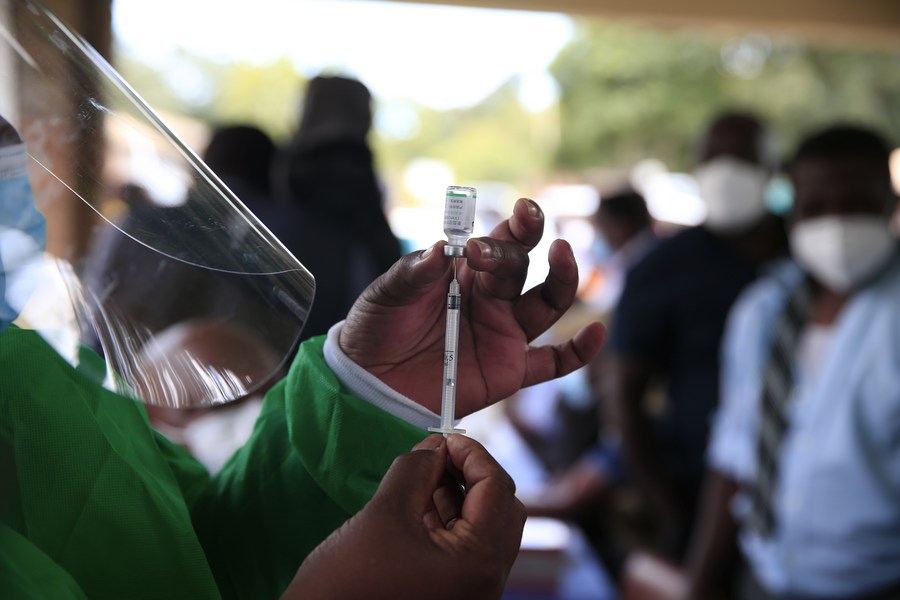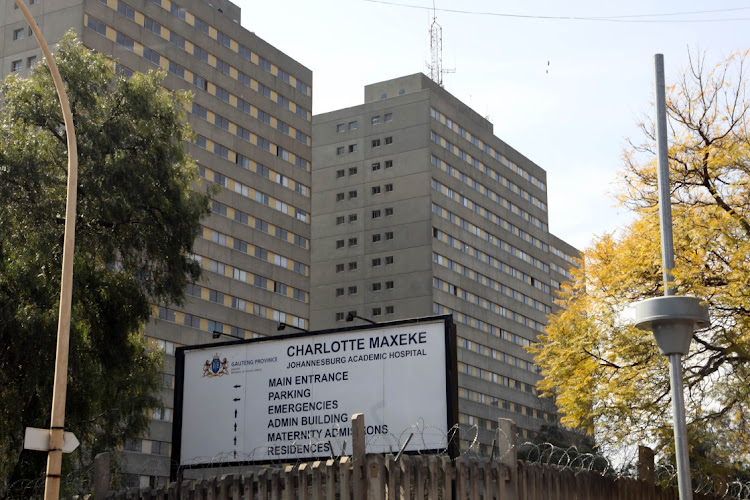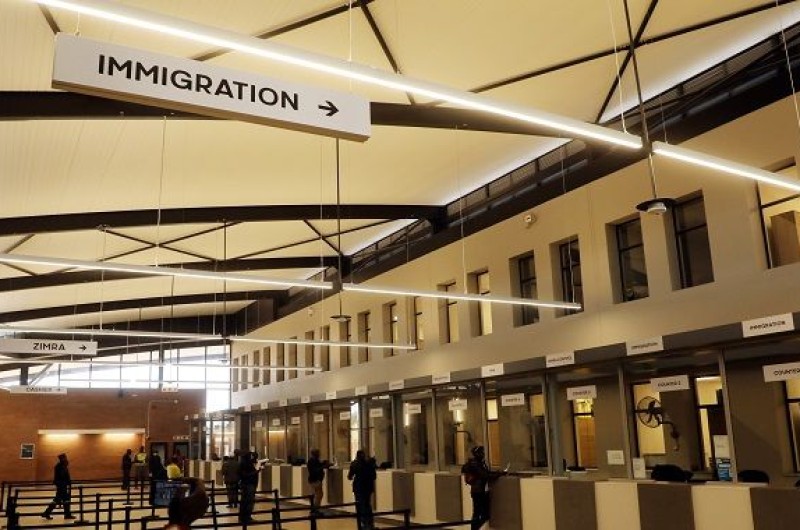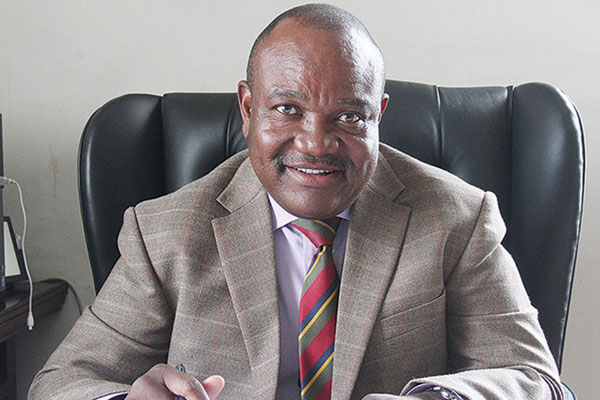HARARE – President Emmerson Mnangagwa’s plan to vaccinate one million people during the extended two-week lockdown period missed the target by 43 percent, according to a ZimLive tally.
The MDC Alliance on Tuesday accused the Zanu PF government of poor planning.
“The further two million vaccine doses that we received this past week are enough to vaccinate a million people, with each receiving the recommended two doses,” Mnangagwa said on July 13. “The plan is to immediately vaccinate this targeted one million people during this extended two-week level 4 lockdown period.”
To achieve the plan, Mnangagwa said, the vaccination programme would be “taken to communities, making vaccination easily accessible to those seeking this essential service.”
Zimbabwe needed to vaccinate an average 71,500 people per day – but not once was the target met between July 13 and 26.
The closest the country came to meeting the target was the 63,059 people who took their first jab on July 20. The daily average for the first dose has just been slightly over 40,000, for a total of 564,890 during the 14 days.
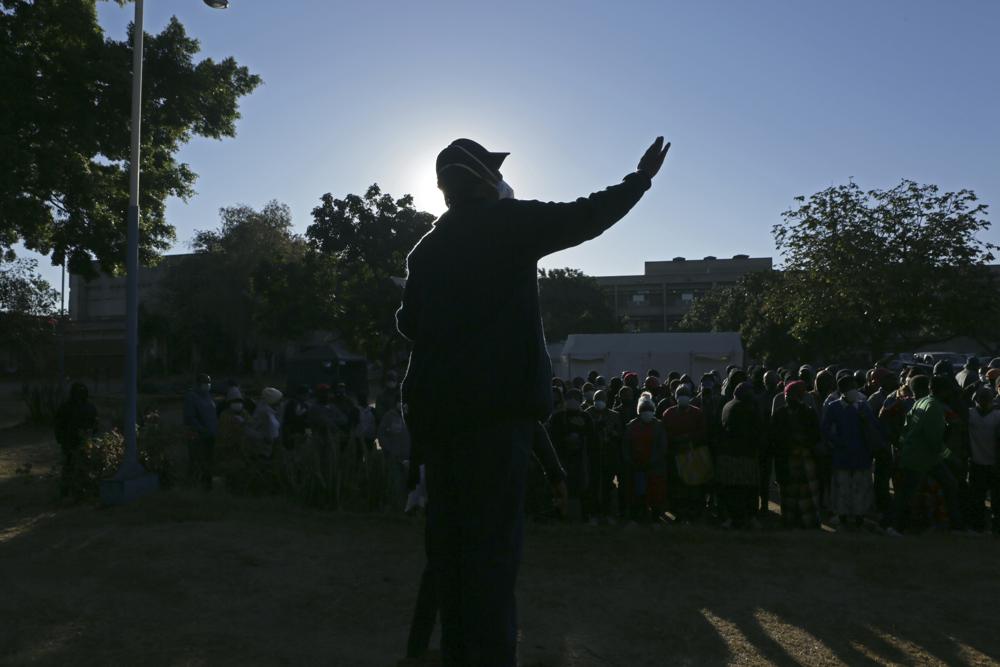
The MDC Alliance on Monday charged that Mnangagwa had set targets without a plan. The party said long queues and limited centres with the vaccine were hampering the country’s vaccination drive.
The government has allowed private clinics and hospitals as well as army barracks and police stations to open vaccination centres – but these are still too few and far from the majority of the population whose movements are restricted by the government’s lockdown regulations, said spokesperson Fadzayi Mahere.
“We continue to emphasise the need to improve vaccine logistics. Lines remain too long in some areas. Vaccine hesitancy must be addressed not by force but better vaccine awareness, education and myth-busting,” MDC Alliance spokesperson Fadzayi Mahere said.
Health officials have targeted vaccinating 10 million of Zimbabwe’s 15 million people to achieve herd immunity – where a whole community is protected against the virus because the vast majority are immune to it. The MDC however warns the country will take long to get there without accepting whatever vaccine is offered through the United Nations COVAX scheme – a worldwide initiative aimed at equitable access to Covid-19 vaccines.
In June, Zimbabwe turned down an invitation to draw down on its three million vaccines allocated under COVAX, claiming lack of storage facilities for the United States-manufactured Johnson & Johnson vaccines. President Mnangagwa’s spokesman later admitted that contrary to the official line, they were in fact holding out for vaccines from traditional allies China, Russia and India – the only ones the country has approved so far in a politically-calculated move.
“We implore the regime to make more vaccine options available through COVAX and broader private sector engagement,” said Mahere. “More needs to be done to ensure vaccines are available, easily accessible and enough to get 10 million people vaccinated.
“As the MDC Alliance, we continue to emphasise the need for people to get vaccinated in order for us to be in a position to meet herd immunity.”
At least 3,173 Zimbabweans have died from Covid-19 from 99,944 infections, according to data from the ministry of health released on Monday.
Mnangagwa extended the lockdown by two weeks while ordering accelerated vaccination in the hope infections would come down, allowing for the lifting of restrictions including the indefinite closure of schools, a dusk-to-dawn curfew and a ban on inter-city travel.
On July 13, when he announced the extension – there were 38 deaths and the seven-day rolling average for new infections was 2,186. There has been little improvement. On Monday, there were 79 deaths and the seven-day rolling average for new cases was 2,030.
At least 1,491,493 people have taken at least the first dose of the three approved vaccines – Sinopharm, Covaxin, Sinovac and Sputnik V – while just 687,216 or 4 percent of the population is fully vaccinated.
Under pressure to open up economic activity, Mnangagwa is expected to address the nation within 24 hours over the country’s next move.

